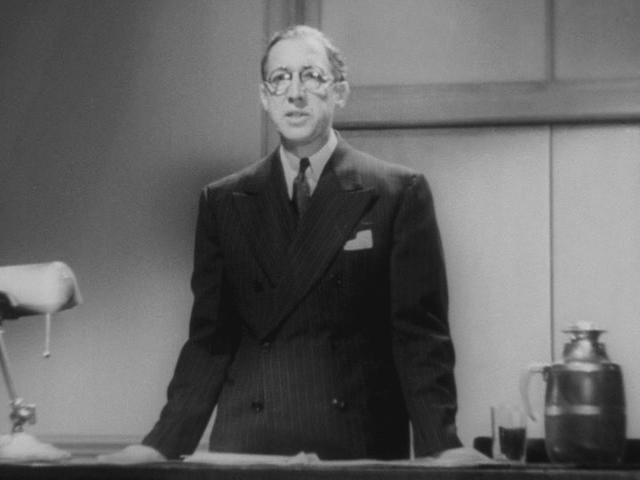
Posted on 11/05/2007 4:09:43 PM PST by decimon
Study on anandamide shows how endocannabinoid system can be targeted for new pharmaceuticals to treat depression
Irvine, Calif., November 5, 2007
American and Italian researchers have found that boosting the amounts of a marijuana-like brain transmitter called anandamide produces antidepressant effects in test rats.
Led by Daniele Piomelli, the Louise Turner Arnold Chair in Neurosciences and director of the Center for Drug Discovery at the University of California, Irvine, the researchers used a drug they created, called URB597, which blocks anandamide degradation in the brain, thereby increasing the levels of this chemical.
“These findings raise the hope that the mood-elevating properties of marijuana can be harnessed to treat depression,” Piomelli said. “Marijuana itself has shown no clinical use for depression. However, specific drugs that amplify the actions of natural marijuana-like transmitters in the brain are showing great promise.”
The researchers administered URB597 to chronically stressed rats which showed behaviors similar to those seen in depressed human patients. After five weeks of treatment, the stressed rats treated with the drug were behaving similarly to a comparison group of unstressed animals. The study appears in the Nov. 15 issue of Biological Psychiatry.
URB597 works by inhibiting FAAH, an enzyme in the body that breaks down anandamide. Dubbed “the bliss molecule” for its similarities to the active ingredient in marijuana, anandamide is a neurotransmitter that is part of the brain’s endocannabinoid system and it has been shown in studies by Piomelli and others to play analgesic, anti-anxiety and antidepressant roles. It also is involved in regulating feeding and obesity. Blocking FAAH activity boosts the effects of anandamide without producing the “high” seen with marijuana.
Piomelli and colleagues at the Universities of Urbino and Parma in Italy created URB597. A patent was issued in 2007. The European pharmaceutical company Organon holds the license to the patent and will begin clinical studies on the drug in 2008, according to Piomelli.
Marco Bortolato, Regina Mangieri, Jin Fu, Janet Kim and Oliver Arguello of UC Irvine; Andrea Duranti, Andrea Tontini and Giorgio Tarzia of the University of Urbino; and Marco Mor of the University of Parma also participated in the study. It was supported by the National Institute on Drug Abuse, the University of California Discovery Program and the National Alliance for Research on Schizophrenia and Depression.

Like the Doo-Dah man!
U R B funny, man. ;-)
Mr. Natural.
Why can’t I just smoke a huge giant massive fatty and save my brain the enzymatic hassle?
How about just letting people grow their own pot and leave big pharma out of it?
The over/under on RobertPaulson showing up is post 26
You guys are so cynical. Ya gotta learn to trust authority.
Is that an oxymoron, or just moronic?
Paracelsus, The dose makes the poison

Clinical experience?
Daily long term users are not depressed. They dont remember enough to be depressed. Sort of like ongoing self-induced ECT.
As soon as you see "marijuana-like" you're supposed to think "psychotic, axe-murdering sociopath-like".
A critical difference of the new drug vs marijuana: the former has patent possibilities, and hence possible therapeutic value.
I thought it made you listen to negro jazz music and rape white women.

Weed, pot, reefer, wacky-tabbacky, grass, the herb superb,
joints, doobies, dope, bud, numbers, leaf or Mister Giggle.
The kids smoke it these days to get a "high."
It makes you listen to negro jazz music and rape white women.
And then it makes your gonads shrink.
I’m so going to start calling pot ‘Mr. Giggle.’
Disclaimer: Opinions posted on Free Republic are those of the individual posters and do not necessarily represent the opinion of Free Republic or its management. All materials posted herein are protected by copyright law and the exemption for fair use of copyrighted works.